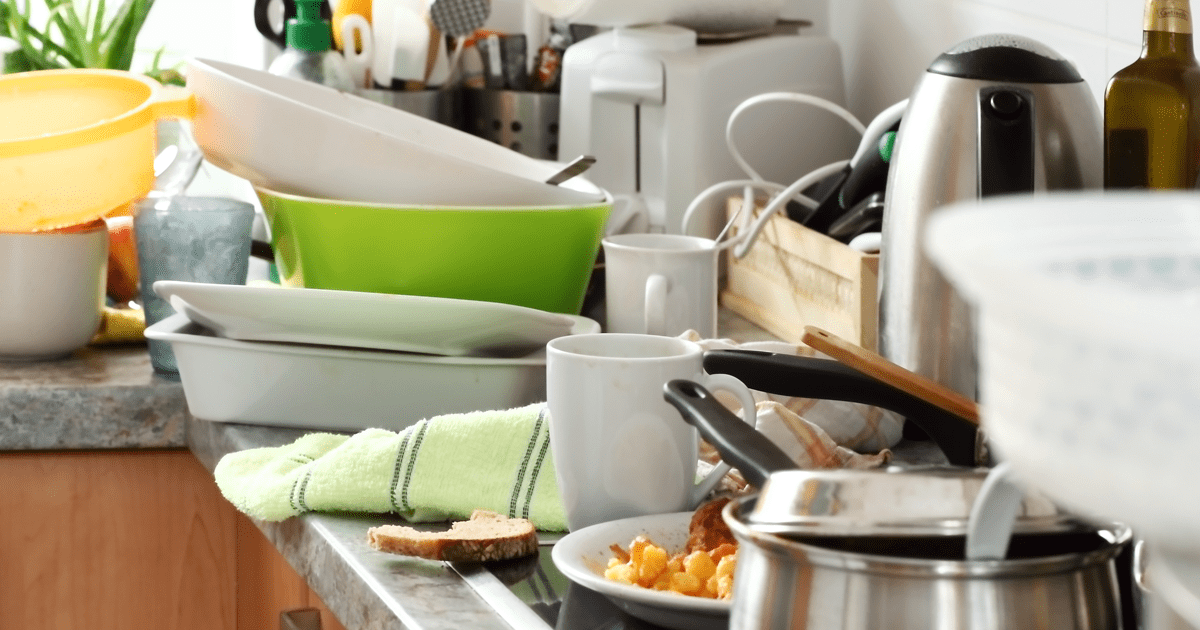Are You Enabling Your Loved One’s Hoarding Habit?

Last year, a Toronto researcher launched the first study of its kind – an exploration into the link between hoarders and their loved ones.
The study’s focus was on the tendency of family members to enable their loved ones to continue hoarding. Martin Antony, chair of the Psychology department at Ryerson University explains that since hoarding is a form of obsessive compulsive disorder (OCD), allowing it to continue is not unlike turning a blind eye to a loved one who is an alcoholic or a drug addict.
Antony lists examples of how family members can accommodate hoarding behaviour:
- Tolerating continued acquisition and clutter in the home
- Walking on eggshells at home for fear of disturbing the clutter
- Avoiding conversations about hoarding
- Providing reassurance in response to an individual’s concern about hoarding related behaviours
- Socializing less at home because of the clutter
Family members may begin to see signs of hoarding in their loved ones, but for many the difference between hoarding and extreme messiness can be difficult to distinguish. “Hoarders believe that if I throw it away I might need it later and when it’s not there, it will be a disaster,” explains Antony. “Or they may hang on to things out of a sense of moral obligation or sentimental attachment in the case of a deceased loved one’s belongings, for example.”
If all of this sounds familiar to you, your loved one may be a hoarder. It’s important to address this behaviour right away because the consequences of hoarding can be considerable as well as dangerous. Hoarders have a higher divorce rate, can become increasingly isolated, and extreme clutter can be a fire hazard. Hoarding also takes a financial toll no matter how inexpensive the items collected are, since the tendency to collect huge quantities eventually adds up.
Since hoarding is a form of OCD, treatment requires the help of de-cluttering experts combined with cognitive behaviour therapy. VHA offers services that address clutter and hoarding as well as extreme cleaning services to help people reclaim their homes. Some of our services include:
- An evaluation of home safety and functioning;
- Assessing clients for change readiness and offering strategies to help them stay engaged in the decluttering process;
- Helping clients to understand how the clutter started and to create a plan to address the source and barriers to decluttering;
- Helping connect clients to organization and clutter removal resources.
You can browse our website to learn more about VHA’s Clutter and Hoarding services and Extreme Cleaning services.
Source: CBC News, ‘Hoarder habit may be enabled by families.’
